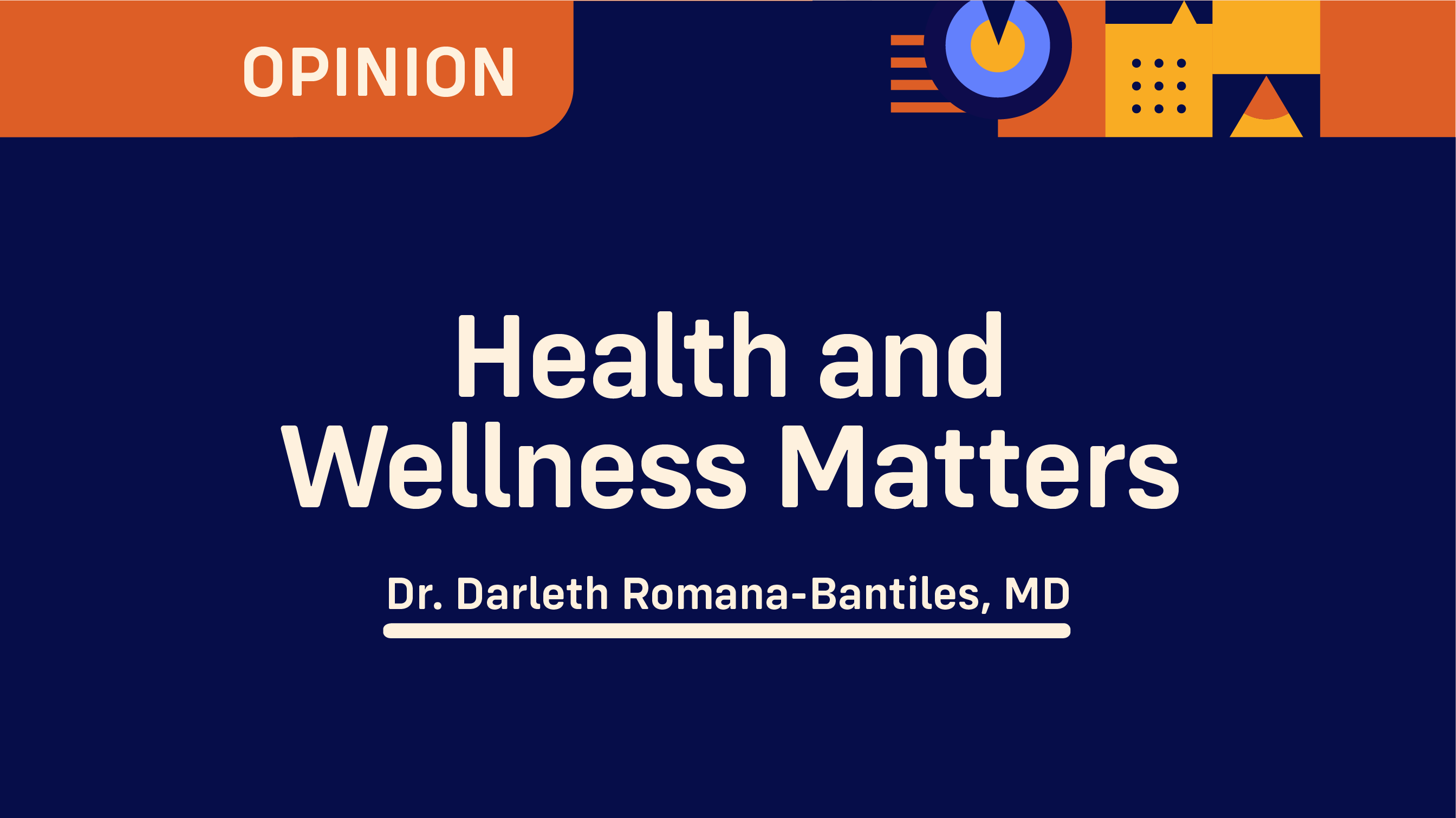WE have come a long way from the time that the Human Immunodeficiency Virus (HIV) infection was discovered; from the surge of AIDS cases in the 1980’s, to advocacy of Post-Exposure Prophylaxis (PEP).
But 30 years after, there is still no vaccine nor cure to combat it.
In the 2019 data of the World Health Organization, more than 100M people globally have already been infected by HIV, with 38M living with the condition then.
Also, in the past 3 decades around 20M already died of HIV- and AIDS-related complications.
If we are so anxious about the numbers for COVID, the statistics for HIV must also cause some alarm; moreso, as health services to address HIV have been sidetracked now to a certain extent.
This is quite unfortunate for the Persons-Living-With-HIV (PLHIVs), who need their Anti-Retrovirals (ARVs) to continue for survival.
Restrictions in mobility and re-allocation of funds have affected access to the lifesaving ARVs negatively.
Another pressing reality is HIV testing and other services in social hygiene clinics need to persist, because sexual encounters may not have lessened (and could have even increased) during the lockdowns.
The risk for some groups – MSMs, adventurous teenagers, sexually-abused people, party-drug users is perhaps even higher now than ever before.
The HIV matter should not be overlooked, lest we will have even more morbidities and mortalities from it and the other ongoing epidemics, compared with the latest one.
***
Primary care services need to be obviously need improvement, as pandemics over pandemic are happening.
Households should be able to rely on their barangay health stations, rural health units or primary care hospitals for health issues that require immediate attention, apart from COVID.
Health financing with the Universal Healthcare Law is just one part of the story. Health human resource requirements need to also be fulfilled, considering the localities in which they are wanted.
I think the pandemic has delineated the community physicians from the medical practitioners.
The former are those with established rapport with their patients, who may be reached via teleconsult or face-to-face, despite challenges posed by the pandemic restrictions or protocols.
Some doctors may even resort to unconventional but evidence-based health solutions available in their localities.
While there are also those who also have Medical degrees, and even post-graduate accolades, but will go on to impose all possible requisites, before rendering much-needed healthcare advice to patients, or writing down a usual drug prescription (that may not even be available in the botika sa barangay).
The country definitely needs more community physicians now, who do not only have knowledge about medicine, but is also well-versed in public health and socio-economic (maybe even political) realities.
Physicians who may inspire and rally local executives and barangay health emergency response teams to engage the community in being responsible for the good health of each one in their purok or sitio.
After all, the hospitals (even with the augmentation of temporary treatment and monitoring facilities), can only do as much.
***
The daily pandemic national tracker should serve as a tool for every citizen to gauge the effectivity of his or her own response to this latest public health situation.
Early on last year, the idea of thinking and acting as a unit has been broached.
It is not enough that there are policies in place, or a central task force provides regularly updated guidelines; enforcement is a matter of individual responsibility and also accountability.
As an individual, when you are sure that you have done your part, perhaps it is also necessary to advocate to others to follow suit.
In this regard, bickering and grandstanding is not the way to go. Also, checking accuracy of data by comparing with subnational reports may be counter-productive, if the comparison is also not validated or the one doing the comparison does not have all bases covered.
It may help if we channel our inner anime and strive to coordinate our efforts as citizens, instead of pointing fingers to gain a piece of the spotlight.
Now is really the time to “volt in”. Those who could not, may do well to leave the country and bring their baggage elsewhere.
